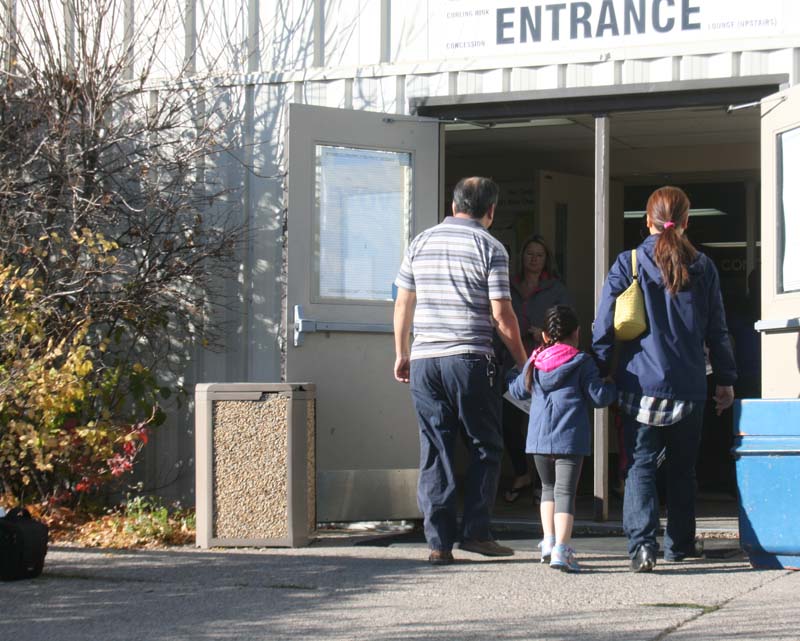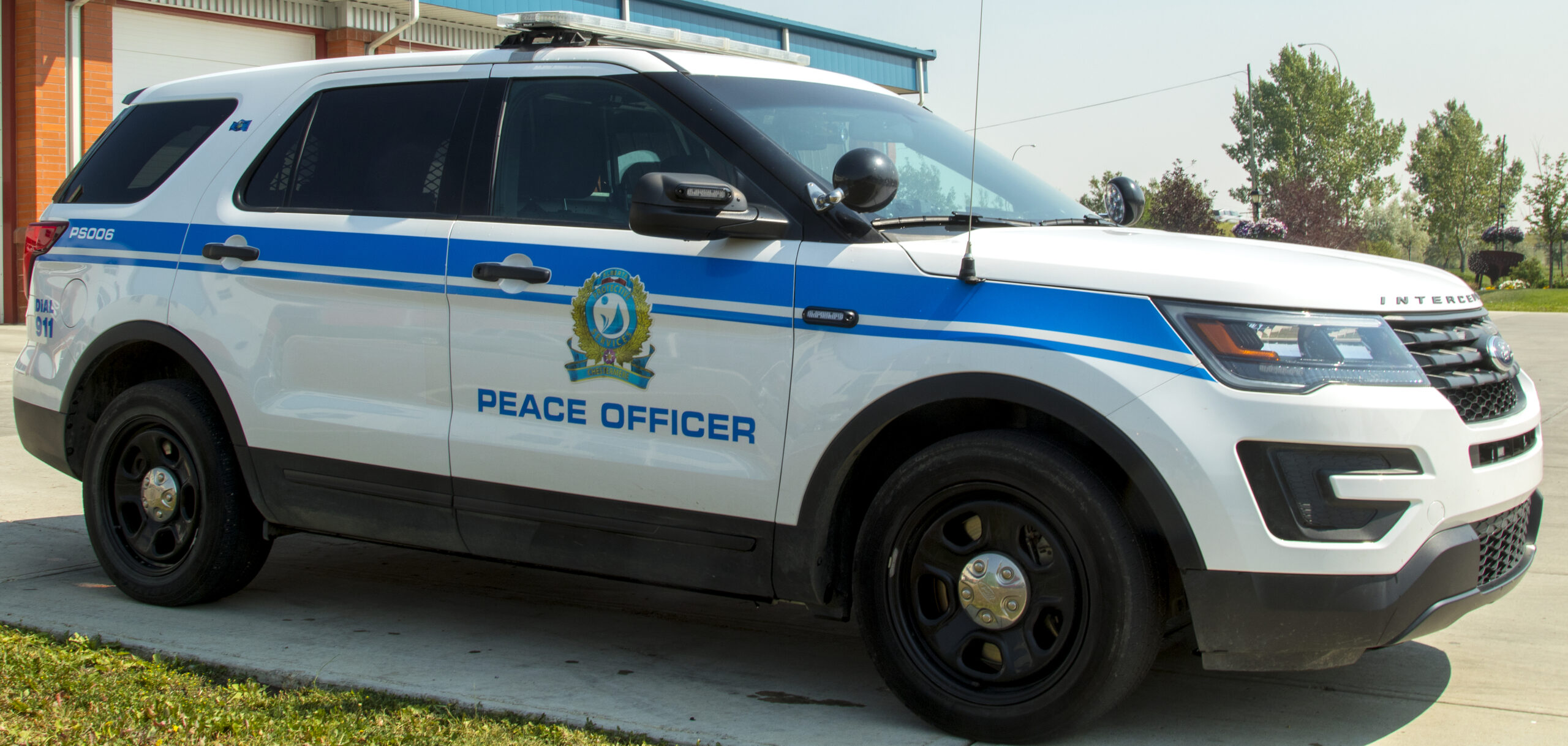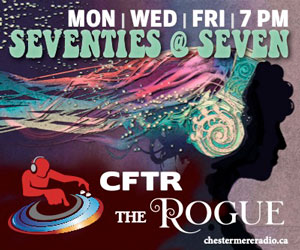
After the longest campaign in Canadian political history, it is no doubt that Canadians were looking for a change. Similar to the Provincial election that Alberta just went through this spring, Canadians are now under completely different leadership and are wondering where that will lead our country.
This election had been referred to as a ‘three horse race’ between the Conservatives, Liberals and NDP. The Liberals started the campaign with a mere 37 seats in the House of Commons and were polling in third place. But once the ballots were all counted, the Liberals took a significant leap by winning 184 seats with the Conservatives taking 99 seats, the NDP taking 44 seats, the Bloc Quebecois taking 10 seats and the Green Party hanging in with 1 seat.
By 8pm on Monday October 19th, Liberal leader, Justin Trudeau, had been called as the new Prime Minister of Canada. In a speech to his supporters, Stephen Harper congratulated Trudeau on his win and then his camp quickly announced that he would be stepping down as the leader of the PC’s – something he himself did not mention in his final speech.
This will now be the second time that Canada has been led by a Trudeau, as the 43 year old Liberal leader follows in his fathers, Pierre Elliott Trudeau, footsteps – who served as prime minister for almost 16 years before retiring in 1984. Trudeau spoke to a crowd of supporters saying, “We beat fear with hope. We beat cynicism with hard work. We beat negative, divisive politics with a positive vision that brings Canadians together.”
Closer to home, if you took a look at the political map, it clearly showed that Albertan’s were fine with keeping a PC majority government. That reflected in the Bow-River riding as Brooks mayor, Martin Shields, came out the clear winner. Despite early concerns that the votes would be close, Shields was declared elected early in the evening after taking about 80 per cent of the votes in the first few polls. Through his campaign, Shields spoke to the things that Albertans value. “Small business, agriculture, tremendous amount of natural gas and oil. So it’s strong in the sense of conservative values of family and businesses,” he said.
The Bow River riding, a new federal riding of 103,000 residents, follows the Bow River east from Chestermere through the Siksika First Nation to Tilley, and from the communities of Beiseker and Irricana south to Vauxhall and Taber. With Shields taking 38,631 votes, the runner up, with a far off 6.840 votes was Liberal candidate William MacDonald Alexander – showing that Southern Alberta residents clearly wanted the PC’s to stay in power.
With this being called the longest campaign in Canadas political history, Canadians could definitely not say that they were not informed. According to early figures from Elections Canada, more than 68 per cent of eligible voters cast a ballot, or about 17,546,697 registered electors. That’s a massive jump from the last federal election, when just more than 61 per cent of Canadians voted. More than 3.6 million ballots were cast during the advanced polling that took place on October 9th, 10th, 11th and 12th – that is a 16 per cent increase from the same period in the 2011 election. Many Chestermere residents took to social media during the advanced polling saying that they waited for over an hour, sometimes closer to two hours, to vote and that many people, upon arriving and learning of the wait, left without voting.
Elections Canada reported that on Friday October 9th alone, 850,000 Canadians voted – which is 26 percent more than they saw in 2011 and 90 percent more than they saw in 2008. Clearly showing that Canadians wanted their voices heard in this election.
Reports from the October 19th voting process were that the volunteers facilitating the voting station were helpful and despite the long line at times, it ran smoothly and you were in and out in a matter of minutes. Something that voters wished had happened during the advancing polling.
Now as Canadians wonder what a Liberal majority government means, it is likely that Trudeau will hold a news conference in the coming days to shed some light. His first priority will be forming a cabinet, and he will have Liberal MPs in every region of the country to choose from, including several veterans who served in cabinet in previous Liberal governments and some high-profile newcomers.







